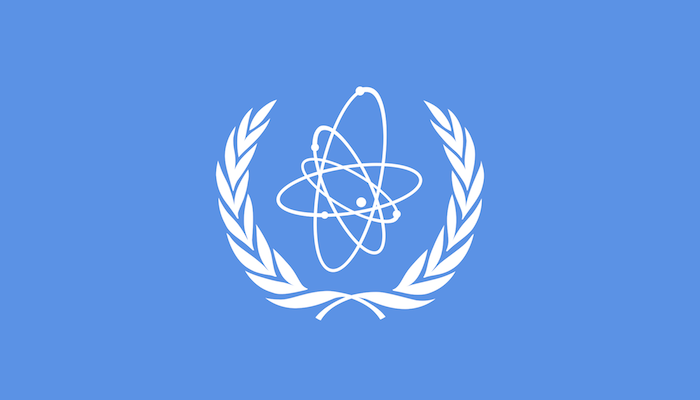The International Atomic Energy Agency (IAEA) is a vital organization in the global landscape of nuclear energy and security. Established in 1957, the IAEA operates independently within the United Nations framework to promote the peaceful use of nuclear technology while preventing the spread of nuclear weapons. Over the decades, the agency has become a cornerstone in efforts to ensure that nuclear energy benefits humanity without posing threats to international peace.
The core mission of the International Atomic Energy Agency is to support countries in harnessing nuclear science safely for various purposes. These include energy production, medical applications, agriculture, and industrial uses. The agency helps nations develop nuclear technologies that can improve health care through radiation therapies, enhance food safety, and generate electricity with low greenhouse gas emissions. By facilitating technical cooperation and training, the IAEA enables member states to build nuclear capabilities responsibly and securely.
One of the most critical functions of the International Atomic Energy Agency is its role in nuclear non-proliferation. The agency works to ensure that nuclear materials and technology are not diverted from peaceful uses to create weapons. It enforces this through a system of safeguards and inspections. The IAEA conducts regular visits to nuclear facilities worldwide to verify compliance with international treaties, such as the Treaty on the Non-Proliferation of Nuclear Weapons (NPT). These inspections are essential for maintaining trust among countries and preventing the development and spread of nuclear weapons.
The agency’s safeguards system involves detailed monitoring and verification activities. By tracking nuclear material from its source through various stages of use, the IAEA helps detect any irregularities that might indicate weaponization efforts. This transparent process reassures the international community that nuclear programs are strictly for peaceful aims. In high-profile cases like Iran’s nuclear program, the IAEA plays a critical role by providing unbiased reports that inform diplomatic and security decisions globally.
Beyond non-proliferation, the International Atomic Energy Agency sets international safety standards for nuclear operations. It works with countries to improve nuclear safety measures, helping to prevent accidents that could cause harm to people and the environment. The agency also provides guidance on nuclear security to protect facilities from sabotage, terrorism, or theft of nuclear materials. In the event of a nuclear or radiological emergency, the IAEA coordinates international response efforts to manage and contain the situation effectively.
The structure of the International Atomic Energy Agency includes the Board of Governors, the General Conference, and the Secretariat. The Board of Governors, made up of representatives from member states, oversees policies and the budget. The General Conference convenes annually, bringing together all member countries to discuss and approve the agency’s plans. The Secretariat, led by the Director General, manages day-to-day operations and implements the agency’s programs worldwide.
Headquartered in Vienna, Austria, the IAEA maintains regional offices and laboratories to support its global mission. These centers facilitate research and development in nuclear science and provide assistance to member states in different regions. The agency’s expertise and resources make it an indispensable partner for countries looking to safely expand their nuclear capabilities.
The International Atomic Energy Agency has been involved in many significant global events. It has monitored nuclear facilities in countries with controversial programs, such as North Korea and Iran. The agency’s reports have been crucial in shaping international policy and negotiations related to nuclear disarmament and non-proliferation. Additionally, after nuclear accidents like the Fukushima disaster in Japan, the IAEA has played a vital role in assessing the impact and recommending safety improvements.
In addition to its regulatory and monitoring roles, the International Atomic Energy Agency fosters international cooperation on nuclear science. By bringing together experts and policymakers, it promotes peaceful collaboration and the sharing of knowledge. This cooperative approach helps maximize the benefits of nuclear technology while minimizing risks.
The agency continues to adapt to emerging challenges in the nuclear field. With growing interest in nuclear energy as a low-carbon power source, the IAEA supports efforts to develop safe and sustainable nuclear reactors. It also addresses concerns about nuclear security in an era of increasing cyber threats and geopolitical tensions.
Overall, the International Atomic Energy Agency remains a crucial institution in maintaining global nuclear order. Its work helps balance the benefits of nuclear technology with the need to prevent conflict and protect public safety. Through its inspections, safety standards, emergency response, and technical support, the IAEA plays a vital role in the peaceful use and secure management of atomic energy worldwide.







